
Health is a crown on the heads of the healthy that only the sick can see.
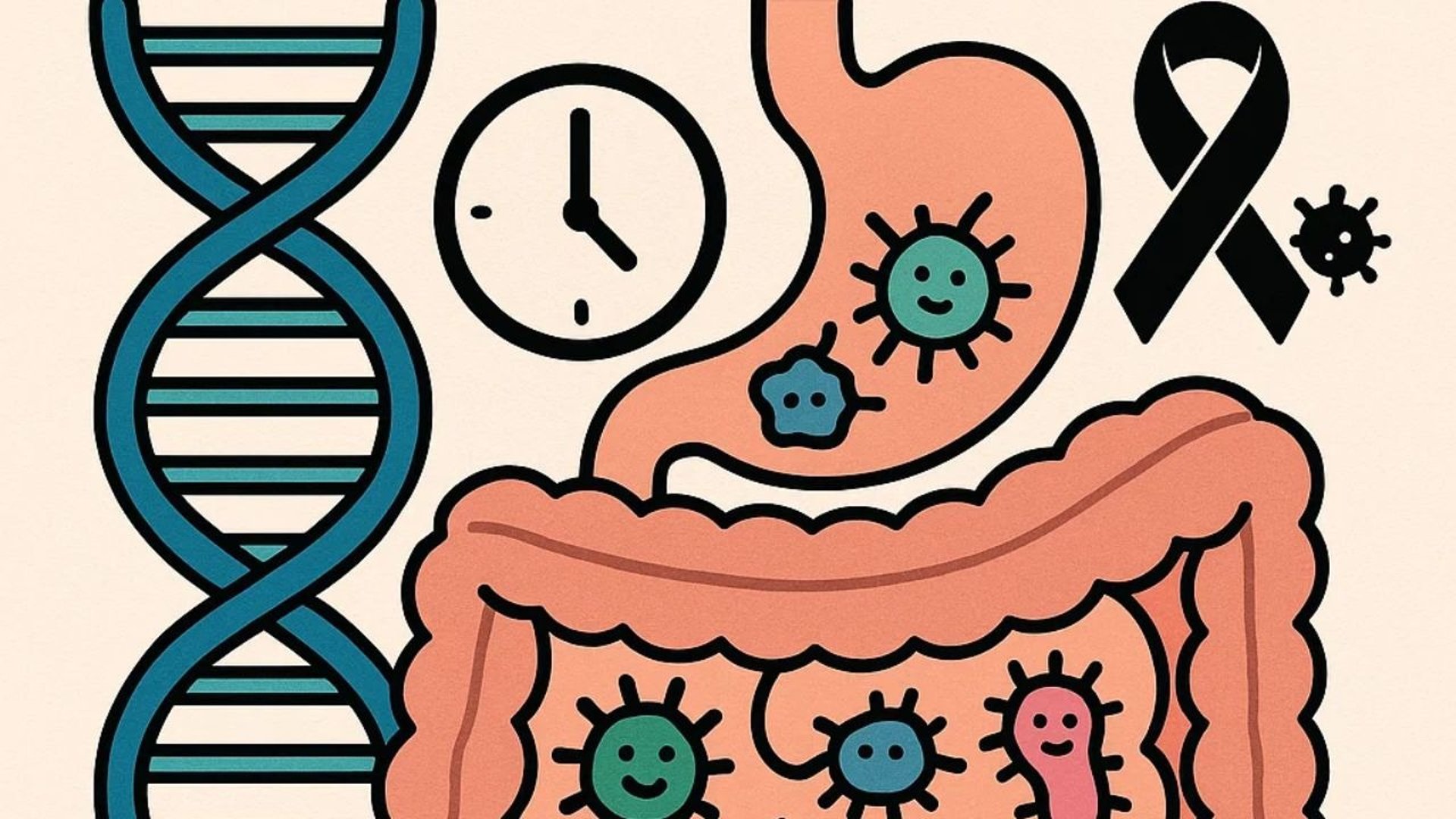
💩🧬 Fecal Microbiota Transplantation (FMT) & the Fasting
🧬🌙 Discover how voluntary fasting reshapes the gut microbiome, boosts probiotics, and supports immunity.
GASTROINTESTINAL AUTOIMMUNE DISEASESCANCERMICROBIOME
Dr Hassan Al Warraqi
9/4/20256 min read
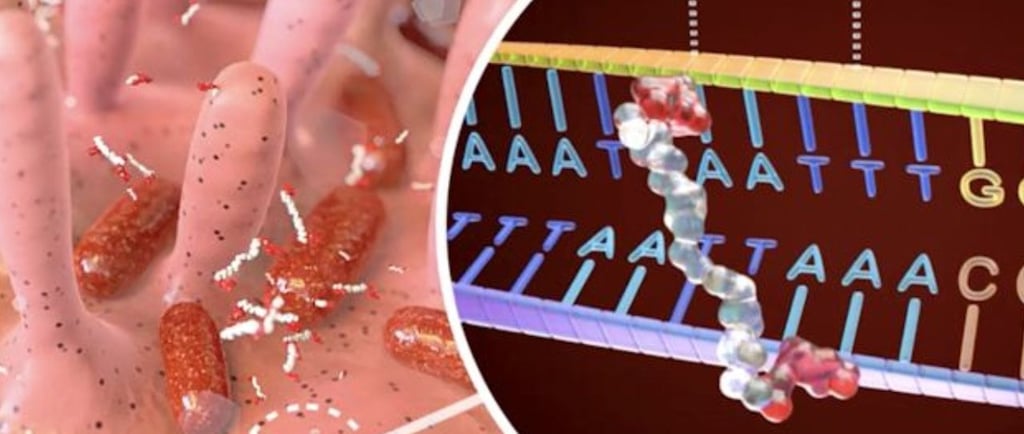

💩🧬 Fecal Microbiota Transplantation (FMT) & the Fasting
🧬🌙 Discover how voluntary fasting reshapes the gut microbiome, boosts probiotics, and supports immunity.
What is FMT?
Fecal Microbiota Transplantation (FMT), also known as a stool transplant, is a treatment that restores balance to the gut by transferring healthy bacteria from a donor into a patient’s digestive system.
Today, FMT is most commonly used to treat recurrent Clostridioides difficile infection (CDI), which often resists antibiotics.
Success rates are high, with more than 90% of patients recovering after FMT.
Two FDA-approved therapies are now available:
Rebyota™ – a rectal enema containing live microbiota
VOWST™ – oral capsules with Firmicutes spores
A Therapy with Ancient Roots
FMT may sound modern, but it has ancient origins.
Traditional Chinese medicine used “Yellow Soup,” a fecal-water mixture, to treat digestive illness.
In veterinary medicine, farmers have long practiced transfaunation, transferring gut microbes between animals to restore health.
Today, scientific advances confirm what was once traditional wisdom: the gut microbiome plays a central role in human health.
Beyond C. difficile: New Frontiers
While CDI is the only condition officially approved for FMT, researchers are exploring many others, including:
Inflammatory bowel disease (IBD) – Crohn’s & ulcerative colitis
Irritable bowel syndrome (IBS)
Obesity & type 2 diabetes
Liver disease
Neurological conditions – autism, depression, anxiety
Cancer treatment support
Immune & allergic disorders
Early results are promising, but more studies are needed.
How FMT Works & Safety
FMT can be delivered by colonoscopy, enema, oral capsules, or upper GI tubes.
Each method has pros and cons, but capsules are increasingly popular for being non-invasive.
To ensure safety, donors are carefully screened for infections and health history.
Most side effects are mild—such as bloating, nausea, or mild fever. Rarely, more serious complications can occur if proper screening is not followed.
The Role of Voluntary Fasting
Fasting doesn’t just rest the digestive system—it also reshapes the gut microbiome. Studies show fasting can:
Increase beneficial bacteria like Akkermansia
Reduce harmful microbes and inflammation
Improve insulin sensitivity and metabolism
This suggests fasting could enhance FMT by:
Preparing the gut before the transplant
Supporting microbiome stability after FMT
Boosting long-term outcomes in chronic disease
Combining FMT + fasting may offer a new, holistic way to restore gut and immune health.
The Future of Gut Medicine
With FDA-approved products, a growing national FMT registry, and ongoing research, microbiome medicine is rapidly advancing.
In the future, therapies may include:
Engineered probiotics
Postbiotics (beneficial microbial compounds)
Personalized fasting regimens combined with FMT
Key Takeaway
FMT is transforming modern medicine by focusing on microbiome restoration instead of antibiotics.
While currently limited to CDI, its potential reaches far beyond.
Together with voluntary fasting, it may open a new path for treating digestive, metabolic, and even neurological diseases.
👉 This short version is perfect for SEO + social sharing: clear structure, easy-to-read sections, and keywords like FMT, microbiome, gut health, fasting, stool transplant, Clostridioides difficile.
❓ FAQs: Microbiota & Voluntary Fasting
1. What is the gut microbiota?
The gut microbiota refers to the trillions of bacteria, fungi, and other microorganisms that live in your digestive system.
They play a crucial role in digestion, immunity, and overall health.
2. How does fasting affect the gut microbiota?
Voluntary fasting reshapes the microbiome by:
Increasing beneficial bacteria like Akkermansia and Bifidobacterium
Reducing harmful bacteria linked to inflammation
Enhancing microbial diversity, which is key for resilience and health
3. Can fasting improve gut health?
Yes. By giving the digestive system a rest, fasting helps reduce gut inflammation, promotes microbial balance, and strengthens the gut barrier.
This may benefit conditions like irritable bowel syndrome (IBS), metabolic disorders, and autoimmune diseases.
4. Does fasting boost immunity through the microbiome?
Absolutely. A healthy microbiome educates and regulates the immune system.
During fasting, beneficial microbes produce short-chain fatty acids (SCFAs) that reduce inflammation and improve immune defenses.
5. Can fasting help after Fecal Microbiota Transplantation (FMT)?
Yes. Early studies suggest that fasting before FMT may prepare the gut for successful microbial “engraftment,” while fasting afterward may help maintain microbiome diversity and stability.
6. How long do I need to fast to see microbiome benefits?
Even short-term fasting (12–16 hours daily, intermittent fasting) can positively influence the microbiome.
Longer fasting (24–48 hours) may have deeper effects, but should be done cautiously and ideally under medical guidance.
7. Can probiotics and fasting be combined?
Yes. Probiotics may work better when combined with fasting, as fasting reduces harmful microbes and creates a more favorable environment for beneficial bacteria to thrive.
8. Are there risks to fasting for gut health?
Fasting is generally safe for healthy individuals, but it may not be suitable for:
Pregnant or breastfeeding women
Children and adolescents
People with diabetes on insulin
Those with eating disorders or certain chronic illnesses
Always consult a healthcare provider before starting extended fasts.
👉 This FAQ adds practical value for readers while hitting strong SEO keywords like gut microbiota, fasting, probiotics, FMT, gut health, immunity.
✅ What’s the gut microbiota?
Trillions of microbes in your gut that aid digestion, immunity & health.
✅ How does fasting help?
Boosts good bacteria (Akkermansia, Bifidobacterium)
Reduces harmful microbes
Improves gut balance & diversity
✅ Does fasting support immunity?
Yes! Microbes produce anti-inflammatory compounds (SCFAs) during fasting.
✅ Fasting + FMT (stool transplant)?
Fasting may prepare the gut for FMT and help maintain results.
✅ Best fasting style for gut health?
Intermittent fasting (12–16 hrs) is effective & safe for most people.
✅ Combine probiotics with fasting?
Yes — fasting makes the gut more welcoming for probiotics.
Author's Perspective on Voluntary Fasting as Microbiota Transplantation
Voluntary fasting, from the view of several leading workers, could be viewed as similar to microbiota transplantation. These workers think it’s a beneficial, safe, and cheap way to change the gut bacteria. Because of these reasons, they believed it is worth looking into it as a way to treat certain health problems. People such as David, who support fasting, suggested that fasting every other day is a natural way to restore the balance of bacteria in our guts.
There are several good things about using voluntary fasting to change the gut bacteria:
Cost: Unlike regular fecal microbiota transplantation (FMT), fasting doesn't need extra things, lab work, or fancy medical tools.
This would then be available to almost all patients, no matter how rich or poor they are.
Safety: If done under correct supervision, fasting is safe and don't have many bad reactions compared to FMT, which needs surgery.
Availability: People can fast no matter where they live, without needing special stool banks or checking facilities.
Natural action: Fasting would work by using the body’s natural ability to reset and bring back the balance of gut bacteria by itself.
Fasting every other day looks to be a useful way to control gut bacteria over a long period.
There are several advantages to this method:
Sustainable long-term practice: Alternating fasting days with normal eating days make it more acceptable for people in the long run.
Consistent Microbiome Cycling: Regular fasting times create predictable periods of gut bacteria stress and recovery, which may improve the strength of the bacterial population.
Metabolic good points: This method gives consistent metabolic value while still allowing enough food on the days you eat.
Flexibility: It can be changed to fit different lives and health needs while still being helpful.
This point of view stated that voluntary fasting may be a treatment by itself and also a way to make regular FMT work better.
This would shift to more available and sustainable ways to treat gut bacteria problems.
In conclusion
Using the easy way of Voluntary fasting , David alternate day fasting is the method of choice , saturday , monday and Thursday is the recoming way .
—---------------------------------------------------------------------------------------
🧬🌙 Discover how voluntary fasting reshapes the gut microbiome, boosts probiotics, and supports immunity. Simple FAQs on microbiota and fasting explained by Dr. Hassan Alwarraqi at h-k-e-m.com.
✍️ Dr. Hassan Alwarraqi – physician and researcher in integrative medicine at h-k-e-m.com. He specializes in simplifying complex medical science, exploring microbiota, fasting, and natural therapies to empower readers with practical, evidence-based health knowledge.https://h-k-e-m.com/-fecal-microbiota-transplantation-fmt-and-the-fasting
—--------------------------------------------------------------------------------------
🧬 “Microbiome, Fasting, and Probiotics: How They Influence Cancer”
Keyword: fasting and microbiome cancer prevention
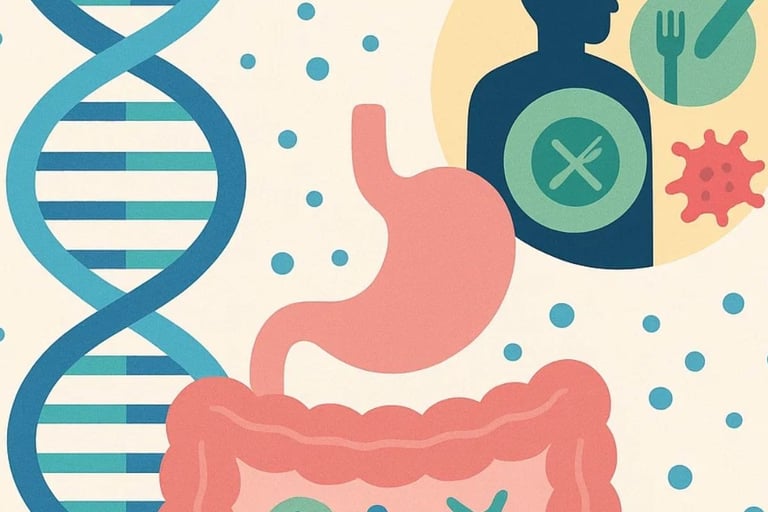

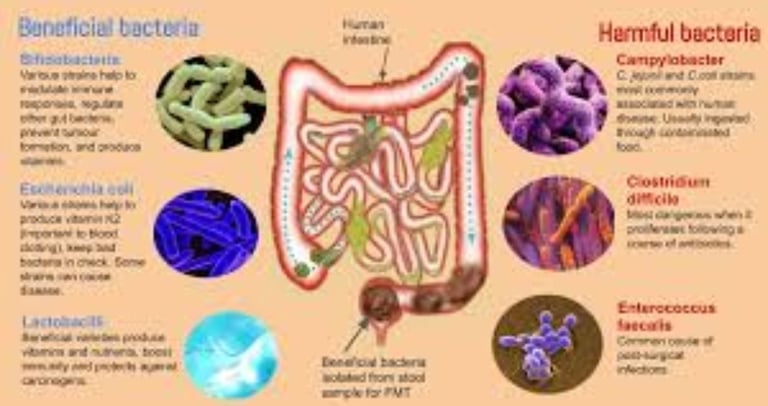





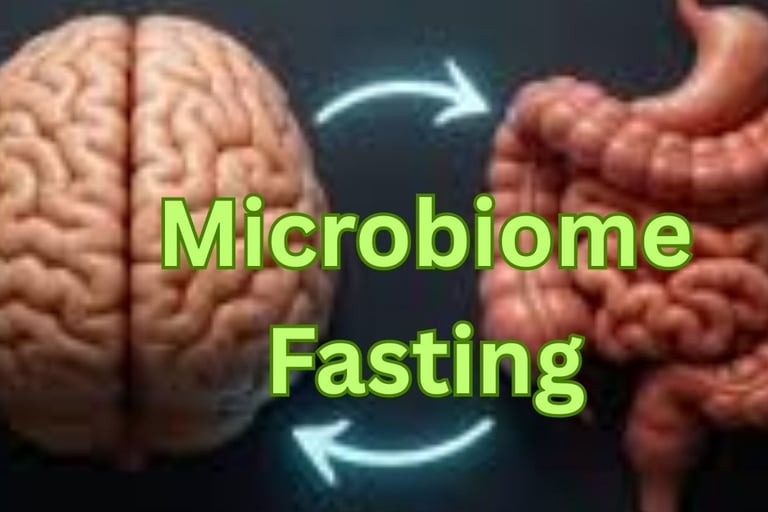


Get in touch
Address
Cairo Al Rehab
Contacts
+20 109 405 2056
hassanalwarraqi@h-k-e-m.com
